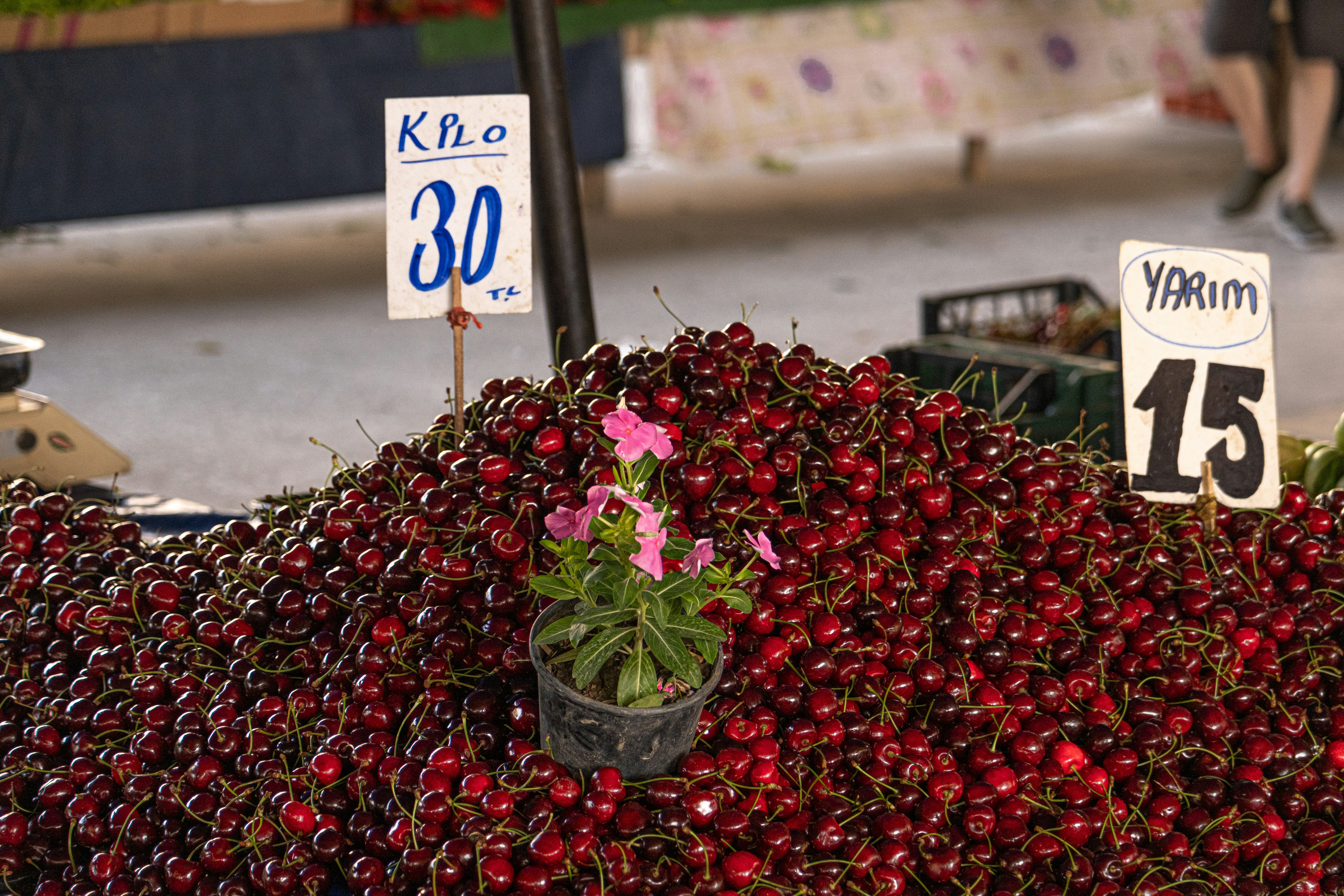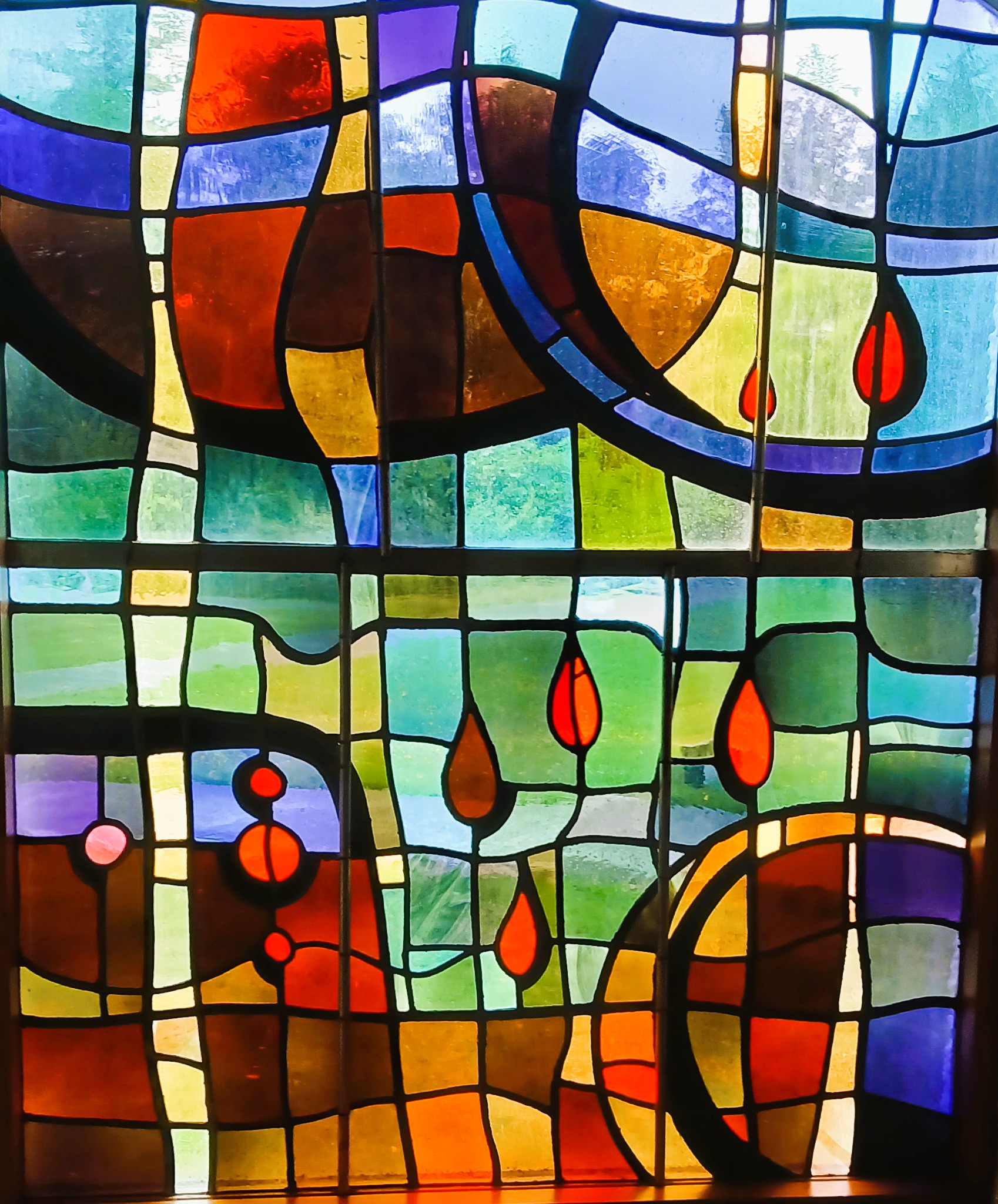Inner Writing
The Cherry Seller
A short holiday to Santorini was the opportunity to find space for this story. On a visit to a local monastery we were touched by the openness of the young cherry seller. This story begged to be written.
___________________________________
The Cherry Seller
Even when he was young Khristos would often be found playing on his own, or more usually, just sitting on a stone gazing at a vine leaf or on his back watching the passing clouds. It was not as simple as him being a loner or preferring his own company, although this certainly was the case. Rather, his aloneness had a deeper solitude or stillness about it. People watching him play alone would notice the quality of his being and attention, and they would wonder exactly what passed though that small boy’s head.
Of all the children in the area, it was Khristos who would be noticed first in a crowd of boys. For reasons which were not clear, adults would single him out to ruffle his hair or squeeze his plump cheeks. They would lay their hand on the back of his head, draw him to themselves just to have him close, and while doing so, feel a sweetness within them like a sip of Muscat on a cold evening. Khristos’ seeming solitude was not accompanied by a remorsefulness or sadness. Indeed he was the most cheerful of lads, wearing as he did a sweet smile and glitter in his eyes which always delighted some and disturbed others.
His was a most unremarkable childhood with nothing to distinguish him against his peers. He was neither academic or artistic. He never excelled at sport or showed an aptitude for work. His older brother took off to Athens to work on building sites and his sister, like everyone else on the island, worked in hotels, cleaning for tourists. It was unclear where sweet Khristos’ future might lay. His mother forbade him to follow his father into the vineyard. She would not have tender Khristos bending in the hot sun, but more especially, he was not to go near the yellow and white sulphur powder which was spread on the vines and settled in the lungs of the farmers.
Eventually his uncle decided he would make Khristos profitable by selling fruit to tourists on the roadside. So, each morning, Khristos drove his shabby quad bike up the mountain road and there, at the summit, just outside the monastery, he would set up the stall with the cherries and grapes his uncle had left earlier. Most young men would find this lonely work and the often hot location far too isolating and boring. But Khristos found the long hours alone refreshing and even exciting as he waited for his customers to arrive in dribs and drabs.
Most tourists came to the mountain to escape the crowds of Fira or Oai, to find fresh air and see the whole island spread out beneath them. Others, with pilgrimage on their mind, would visit the monastery and there find a stillness hewn from the four hundred years monks had inhabited the place. Maybe the tourist and pilgrim, alike, would whisper a prayer in the chapel and gaze within the icons of Mary and the child. All visitors would park beside Khristos’ stall and tumble out to contemplate the view. It was then Khristos made his move. “Fresh fruits” “fresh sweet cherries” he would call, following his prey to the cliff edge holding out a cherry or grape for tasting with a disarming smile.

It was hard to know if it was the ripe fruit promising a sweet juicy treat or the smile of Khristos. But whatever, inevitably the tourist took his offering and were reminded again of the joy of simple fruit. Or maybe they were responding involuntarily to Khristos himself, his smile, his open vulnerability and full cheeks which so disarmed the newly arrived tourist. Similar to the adults of his childhood, his customers were strangely drawn and reached out to the cherry seller. There would be a shaking of hands and a lingering in the hand-holding. Photographs would be composed with Khristos at the centre, arms draped over shoulders. Somehow, in ways which is hard to explain, people found within themselves an inner softness, a lightness of mind, a deepening in their guts.
Sometime during his first season of fruit selling, Khristos began wearing a large gold coloured crucifix around his neck. This also became an object of fascination for the tourist. In reaching out to touch his shoulder or upper arm they would also want to touch Khristos’ crucifix lying high on his chest. It seemed the pleasure of ripe fruit on the tongue was marvellously blended with a deeper spiritual longing for an encounter with the cherry seller.
Locals, making excuses, also came to visit Khristos. They found creative reasons to convey messages or buy provisions which were actually available in their villages below. Each time, sweet Khristos would smile and offer cherries and grapes as if they were themselves sacramental elements, like bread and wine blessed by the priest on Sunday. An outward and visible sign of an inner spiritual grace. Having received, they would return home with something released or made free within them.
After their visit to the mountain, holiday makers and locals alike would look up to the mountain top, sometimes swirling with cloud, and think of Khristos selling his cherries, and in so doing, be reminded of the gift which was so much part of the encounter. They remembered again the communion they had had at Khristos’ hands.
Over the next thirty-four years of him being a cherry seller, it was unclear when Khristos stopped making the journey on his bike up the mountain in the morning and home again in the evening. It began with him arriving at 5am for the monastery prayers for which he would sit on the outside door step listening to the chanting before setting up his stall for the day. At night he seemed to disappear into the monastery gardens to spend the night in some shelter until eventually he was invited to the monastery meal table.
He can still be seen by those who drive carefully up the mountain road. Still tending his cherry stall outside the monastery. Although he now has a long beard, his face, particularly his smile and eyes, still draws tourists into a deeper encounter with love. They still share a holy communion of cherry and grape and they leave for the journey down the mountain with a well spring of hope and new possibilities gushing somewhere in their belly.
Tim Clapton
© please do not reproduce without permission.





It is such a blessing to read this beautiful story and it really touches my heart and spirit. I love these beautiful encounters in life, with people and God. I think the story describes the plan and meaning God had for sweet Khristos’s life. So beautiful, God bless you.